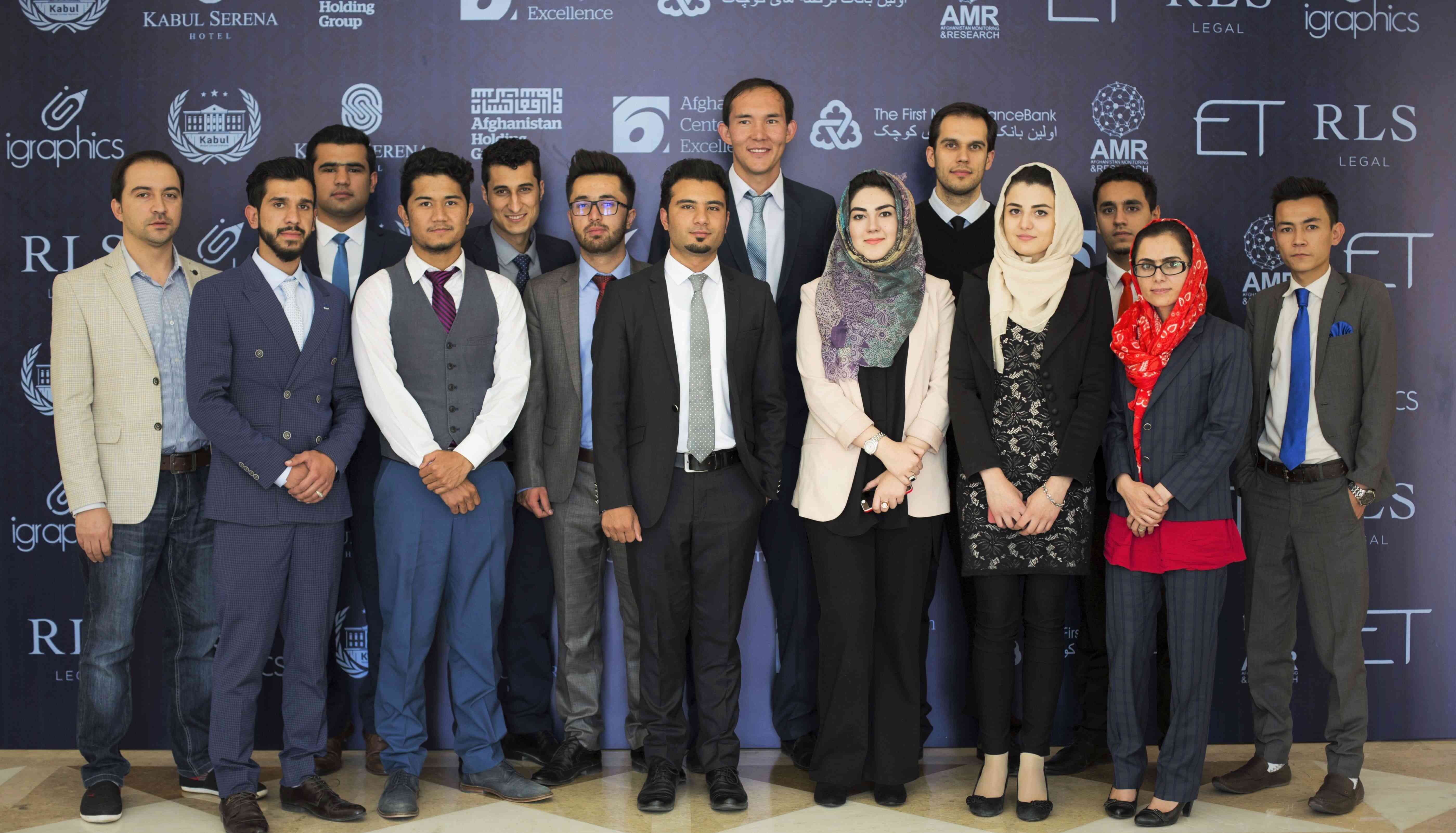
At just 22, Yahya Qanie founded Kabul Model United Nations—Afghanistan’s first MUN platform—while still an undergraduate student. At a time when youth were being pulled toward extremism or had no peaceful means of civic participation, he envisioned a peaceful alternative: global citizenship, constructive dialogue, and public leadership.
Launched in 2016, Kabul MUN quickly evolved into a national platform for young Afghans to simulate UN committees, debate global challenges, and build skills in research, negotiation, critical thinking, and diplomacy. For many participants, it was their first time engaging with ideas beyond their communities—or imagining themselves as agents of change.
Under Yahya’s leadership, the initiative organized five national conferences, hosted over 1,500 delegates, introduced the country’s first MUN Guide and Executive MUN Training Program, and partnered with Rome MUN (Italy), Delhi MUN (India), and New Silk Way MUN (Kazakhstan). In 2018, it became part of the United Nations Association of Afghanistan and secured financial support from the United Nations Development Programme, Royal Danish Embassy, private sector sponsorship, and participant contributions.
Beyond its annual events, Kabul MUN helped seed a diplomatic culture in Afghanistan’s youth community—one that prioritized gender inclusion, dialogue, and promoting Sustainable Development Goals. With a 41% female participation rate and growing national reach, it set new benchmarks for civic youth engagement under challenging political and economic conditions.
By 2021, the initiative had sparked a nationwide movement, with 140 organizations and universities across 17 provinces launching their own MUNs. Its impact drew international attention, leading the U.S. Embassy in Kabul to launch Afghanistan’s first-ever MUN grant program.
Though suspended in 2021 following the collapse of the Afghan government, Kabul MUN remains a powerful example of youth-led innovation.







